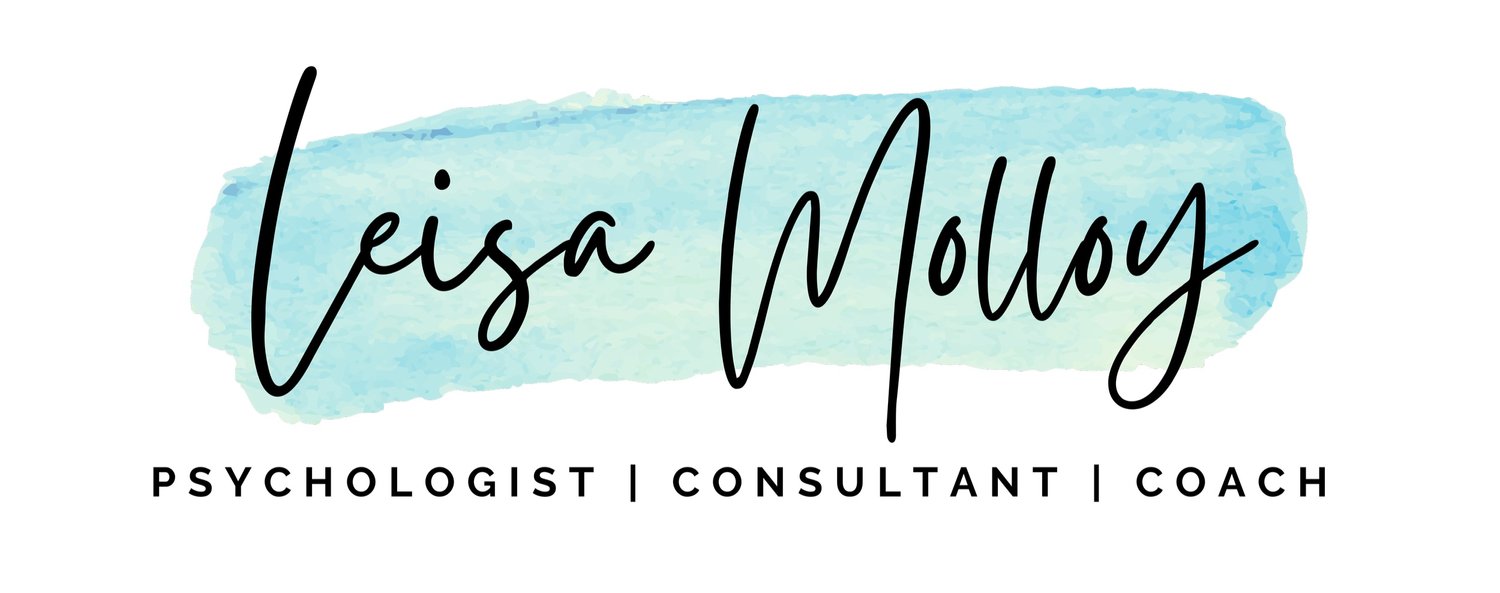On arrogance, resistance to change, and getting people talking…
This is the content from the February 2022 newsletter - enjoy! And be sure to sign up for the newsletter if you enjoy this kind of content :-)
Hello, and Happy New Year! I hope you are easing nicely into 2022, and managed to take a restful break over the holiday period. I've now got my feet firmly back under the desk after a few longggg overdue trips to see family and friends. Like many other parents, I'm also somewhat relieved to have my kids back at school - for now, anyway...!
And now onto this month's topics...
Have you asked these questions recently?
Given the day-to-day nature of my work, I often hear stories of employees feeling dissatisfied and unhappy at work. A common theme is that while many don't feel particularly comfortable initiating discussions about their concerns, they would do so if someone actually took the time to ask (and listen!).
This article emphasises the importance of regularly asking your team members some important questions before it's too late (and they suddenly become the questions asked in an exit interview!). More specifically, author Susan Peppercorn suggests five key questions that leaders can proactively ask to gauge current engagement and satisfaction levels. Each relates to one of the factors that we know from research can motivate employees to stay within organisations - such as opportunities for growth, having a strong sense of purpose, and effectively utilising strengths.
As you'd expect, I'm a big fan of leaders regularly having these kinds of conversations, with many similar questions included in the resources I share with participants in my Career and Development Conversations programs. Keen to explore the article? You can find it here via the HBR website.
What kind of support do your emerging leaders need?
This is the key question explored in this research report from the Center for Creative Leadership (CCL). Based on the responses of over 10,000 participants, the report emphasises 3 strategies that can help organisations to build a strong pipeline of emerging leaders. An interesting finding was that many reported significant concerns about taking on a leadership role, with 46% feeling they won't have the psychological safety to take risks or make mistakes.
The article also emphasises the importance of providing ongoing, scaffolded learning and development opportunities, especially for first-time leaders who've been promoted based on their prowess as technical or functional experts. Indeed, this is a challenge I often hear about in my work with emerging or new leaders in knowledge-based industries. The report also includes some practical tips for addressing common challenges at both the team and organisational level. To access the report, you'll need to share your details and download the report from the CCL website.
Have you ever worked for an arrogant leader?
This article is written by two big 'names' in the organisational psychology world, including Amy Edmundson, best known for her significant research and insights on the topic of psychological safety. It's a quick read with some clear advice on how to navigate the unfortunate scenario of working with someone who is seemingly 'blind' to their own limitations, significantly overestimating their own skills and talents.
Personally, I liked the emphasis on focusing on what is within your control in these situations, and seeking to remain neutral or indifferent rather than challenging others' egos. The article also includes some interesting insights on why these situations tend to occur in the first place, quoting some well-established research findings on common cognitive biases. You can find the article here.
How do you get people talking?
Being the 'conversations' geek that I am, I really enjoyed this podcast episode on different strategies for having more meaningful, in-depth discussions.
Author Andrew Warner talks about getting clear on your intentions, acting as a 'guide' during conversations, and the many nuances associated with effectively getting people to open up and keep talking. They also cover the importance of "going first" and being open and vulnerable yourself, but without this leading to an expectation that others should immediately feel comfortable doing the same (it doesn't always work that way!).
Amongst other things, you'll learn an interesting and simple technique for inviting others to say more - an approach which I personally think is a great way to remain in the curiosity 'zone' during important conversations. You'll find the episode here via the Coaching for Leaders website, or here on Spotify or Apple podcasts.
Are you encountering resistance to new ideas?
Does your role involve influencing others' thinking and behaviour? Or trying to get people on board with change? If so, you might enjoy this conversation around the psychological barriers that often lead people to resist new ideas.
Organisational psychologist Loren Nordgren shares some great insights on the role that inertia plays during periods of organisational change, and why uncovering and addressing sources of friction is so important. Being the geeky psychologist that I am, I particularly enjoyed the discussion about "reactance" - a very common, human response to being 'pushed' or coerced by others. Other key takeaways relate to the value of asking "yes" questions and creating opportunities for others to be the "authors of change". You can listen to the Hidden Brain podcast episode online by following this link or visiting Spotify or Apple podcasts.
How will you work together?
Has your team ever had an explicit conversation about how you'll communicate, collaborate, and support one other? Have you agreed on behaviours that do and don't support your overall effectiveness as a team? If not you might enjoy this Atlassian 'playbook' on working agreements, one of the many resources designed to facilitate more structured and meaningful conversations within groups and teams. Personally, I think it's a great time to have these kinds of conversations, given that we're at the start of another year likely to be full of 'ups and downs'.
For those who are keen to explore the playbook, you can find it here.
Thanks for reading! Feel free to share with anyone who might find these insights helpful, or who might want to sign up and join the community.






